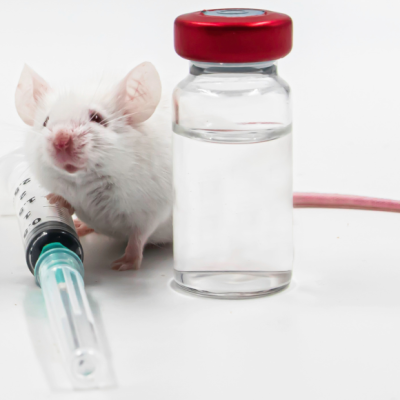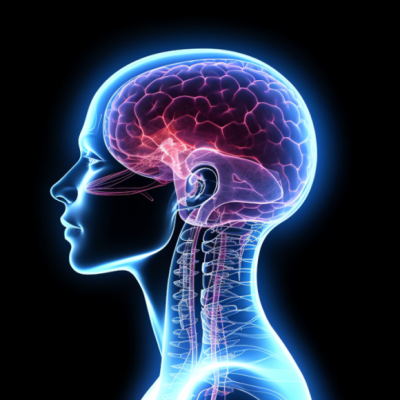Alzheimer’s disease is a devastating condition that affects millions of people worldwide. Unfortunately, there is currently no cure for this debilitating illness. However, researchers in the United States and China have made a significant breakthrough in the treatment of Alzheimer’s disease in mice using an epigenetic therapy approach. This treatment was able to reverse the memory problems associated with the disease.
The researchers used an epigenetic approach to inhibit certain enzymes in the brain, which allowed them to restore the glutamate receptors that play a central role in memory problems. The study not only shows the connection between epigenetic changes and Alzheimer’s disease, but it also demonstrates that cognitive dysfunction can be corrected by targeting epigenetic enzymes to restore glutamate receptors. The researchers conducted their experiments on tissue from deceased Alzheimer’s patients and mice with the disease, confirming the central role of glutamate receptors in memory loss.
The researchers were surprised to see such significant cognitive improvements in the mice after administering the enzyme inhibitor. The mice’s memory functions returned to normal after three injections, and the production of new receptors and brain function was boosted shortly after. Although the treatment is complex and challenging due to the involvement of multiple genes in neurodegenerative diseases like Alzheimer’s, the new approach seems very promising. While there is still a long way to go before this treatment can be used in humans, this breakthrough offers hope for those suffering from Alzheimer’s disease.










